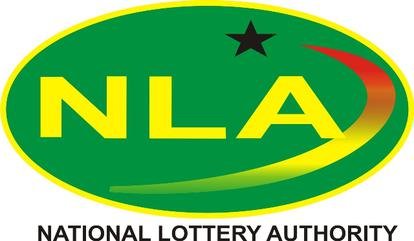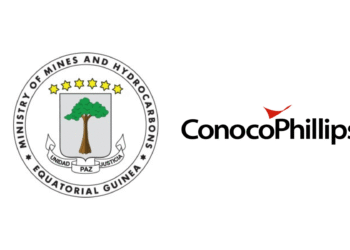The NLA scandal involving the misuse of funds meant for the vulnerable continues to generate outrage among Ghanaians, with many citizens demanding accountability from the government.
Kay Codjoe, an associate volunteer at IMANI Africa and an avid political commentator, has described the public’s anger as a roar of rage, reflecting deep frustration over how such diversions of funds went undetected for years.
According to Codjoe, citizens are baffled as to why this scandal was unearthed by The Fourth Estate, rather than the country’s own accountability institutions.
Many also question why, despite the Mahama-led NDC government’s pledge to fight corruption through ORAL (Operation Recover All Loot), the matter went unnoticed for eight months under the current administration.
“Citizens were promised a proactive ORAL framework to recover all loot. Eight months is long enough to show urgency through audits, probes, or interim reports. If the promise was to bite fiercely, then the citizen is right to ask why the teeth have not shown.”
Kay Codjoe
Codjoe emphasized that the anger surrounding the misuse of the National Lottery Authority’s Good Causes initiative funds is fully justified.
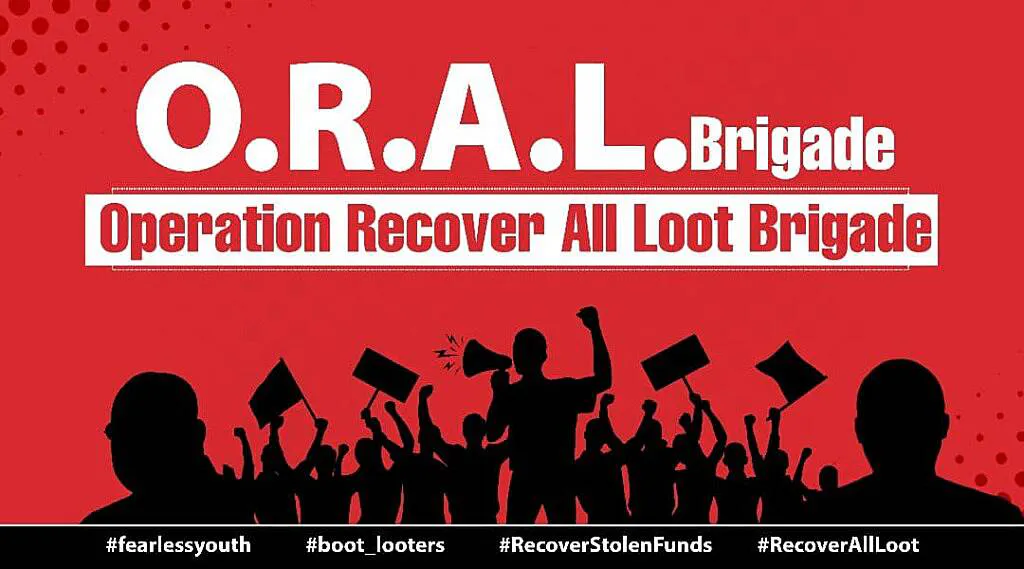
These funds were meant to improve hospitals, enhance schools, and support the most vulnerable, but instead, they were allegedly diverted to finance prestige projects that offered no direct benefit to those in need.
“The deeper disappointment is that it was The Fourth Estate, not the Auditor-General or the NLA’s own auditors, that exposed it. The same happened with the National Service Authority ghost names scandal.”
Kay Codjoe
He further explained that institutions with constitutional mandates to protect the public purse seem either incapable or unwilling to identify and prevent corruption.
The fact that journalists with far fewer resources are consistently the ones exposing major scandals raises serious concerns about deep-rooted systemic failures.
While some argue that the Auditor-General cannot uncover every irregularity and that investigative journalism is meant to complement the work of state institutions, this balance appears to have broken down in practice. “But when every major scandal is first unearthed by journalists, we are no longer speaking of complementarity. We are looking at systemic failure.”
Legal and Political Ramifications
Kay Codjoe also criticized former NLA Director-General Sammi Awuku’s attempt to justify the spending of Good Causes funds as a marketing strategy.
He pointed out that Act 722, section 2(3), clearly stipulates that these funds must be used for the needy, the aged, individuals with disabilities, orphans, and destitute children.
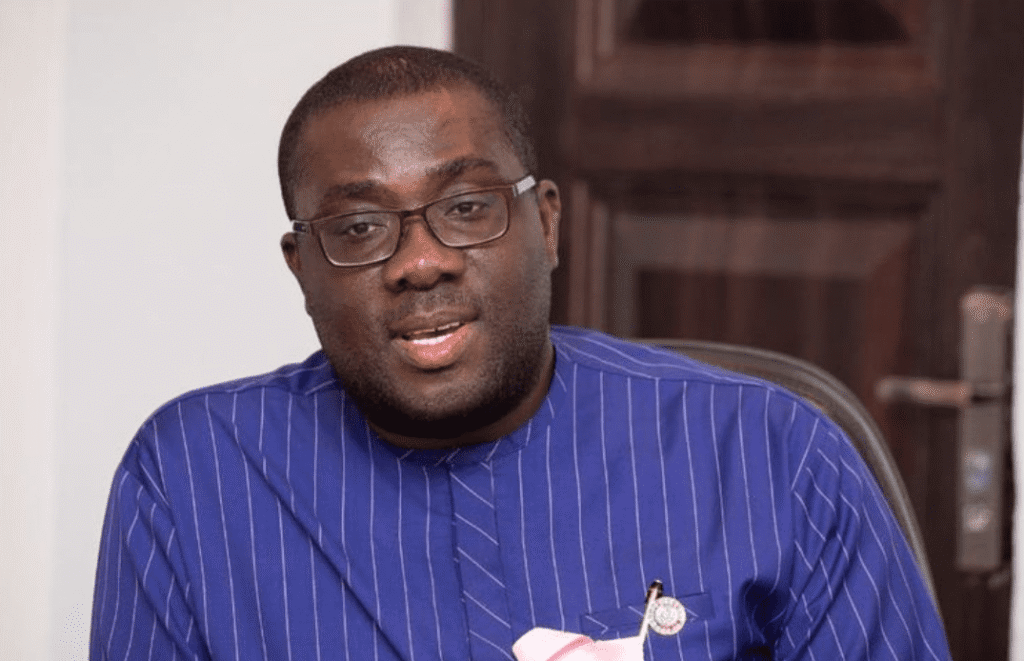
Codjoe argued that a solid legal case can be made that several of these disbursements, if found to have breached Act 722, could constitute causing financial loss to the state.
He referenced the 2008 case of Tsatsu Tsikata, who was convicted and later acquitted on similar grounds, to highlight how the law has been applied in past high-profile cases.
“If Tsatsu could be jailed for a contested ‘loss,’ why should clear diversions of NLA funds, presented as marketing, escape the same test?”
“Justice cannot be harsh for some and soft for others. If the principle of causing financial loss is to mean anything, it must be applied without fear or favor.”
Kay Codjoe
Meanwhile, the Mahama administration came to power with a strong anti-corruption message, promising to use ORAL as a proactive mechanism to track and recover stolen public funds.
However, Codjoe stressed that the absence of visible results raises doubts about the seriousness of the initiative.
“Some say ORAL has been working quietly behind the scenes. Yet in accountability, perception matters as much as action. Silence without visible results looks like hesitation. Anti-corruption bodies are judged not by their presence on paper but by the results they deliver.”
Kay Codjoe

He warned that continued silence could undermine public trust and embolden corrupt officials.
Urgency, he said, does not require perfection but visible steps, such as temporary task forces, swift investigations, or publicly communicated timelines for reform.
NLA Scandal, Non-Partisan
Kay Codjoe was also quick to dismiss claims that the NLA issue is being politicized.
He noted that both the NPP and NDC have been complicit in weakening Ghana’s accountability systems over the years.
“The NLA scandal bloomed under the NPP, and the NSA ghost names racket stretched across transitions. Today, under the NDC, oversight questions remain. This is not a partisan issue. It is a Ghana issue.”
Kay Codjoe
According to him, both parties have historically prioritized political patronage over institutional strength.
While they are quick to point fingers when scandals erupt, neither side has delivered the robust oversight mechanisms citizens deserve.
Codjoe recalled the example of former Auditor-General Daniel Domelevo, who successfully used his powers of surcharge and disallowance to recover millions of misapplied funds.
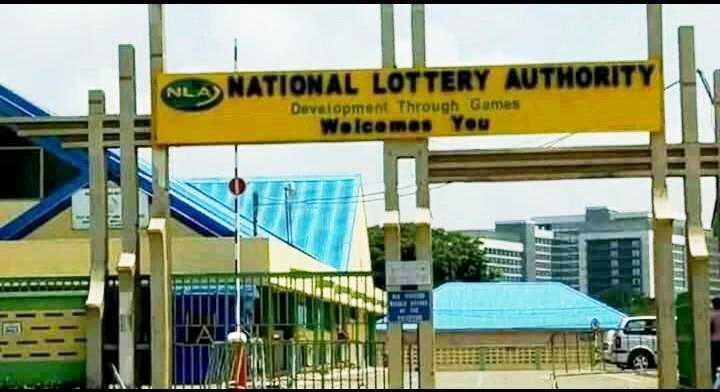
Instead of being celebrated, Domelevo was controversially forced out of office — a move later declared unconstitutional by the Supreme Court.
“That episode remains fresh in citizens’ minds. It showed both the possibility of accountability and the political resistance that undermines it. Against that backdrop, ORAL’s hesitation today feels even more troubling.
“The real question is sobering. How many more scandals remain unseen because ORAL has not acted with the urgency required? If The Fourth Estate had not done the work, would Ghanaians still be applauding the very ceremonies funded by money meant for the poor?”
Kay Codjoe
Accordingly, Codjoe called for urgent reforms to strengthen ORAL and other oversight institutions.
Until then, he said, citizens and journalists must continue to hold power to account because silence is no longer an option.
READ ALSO: Government’s Treasury Bills Auction Flops Massively

